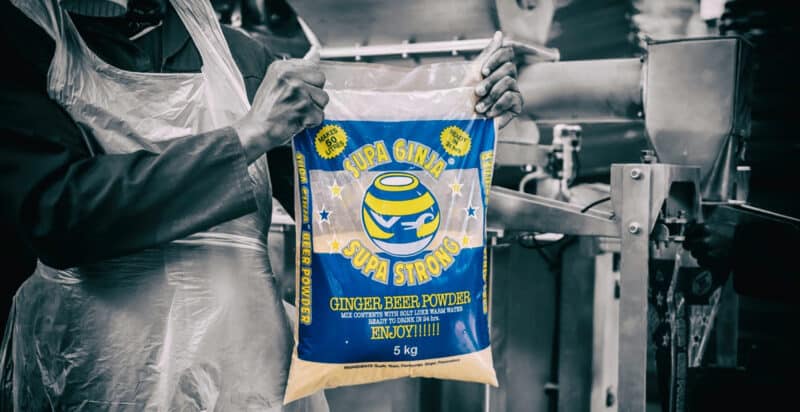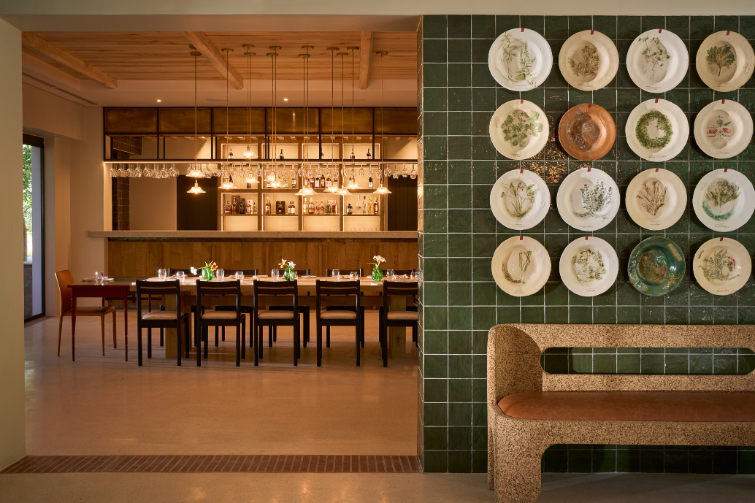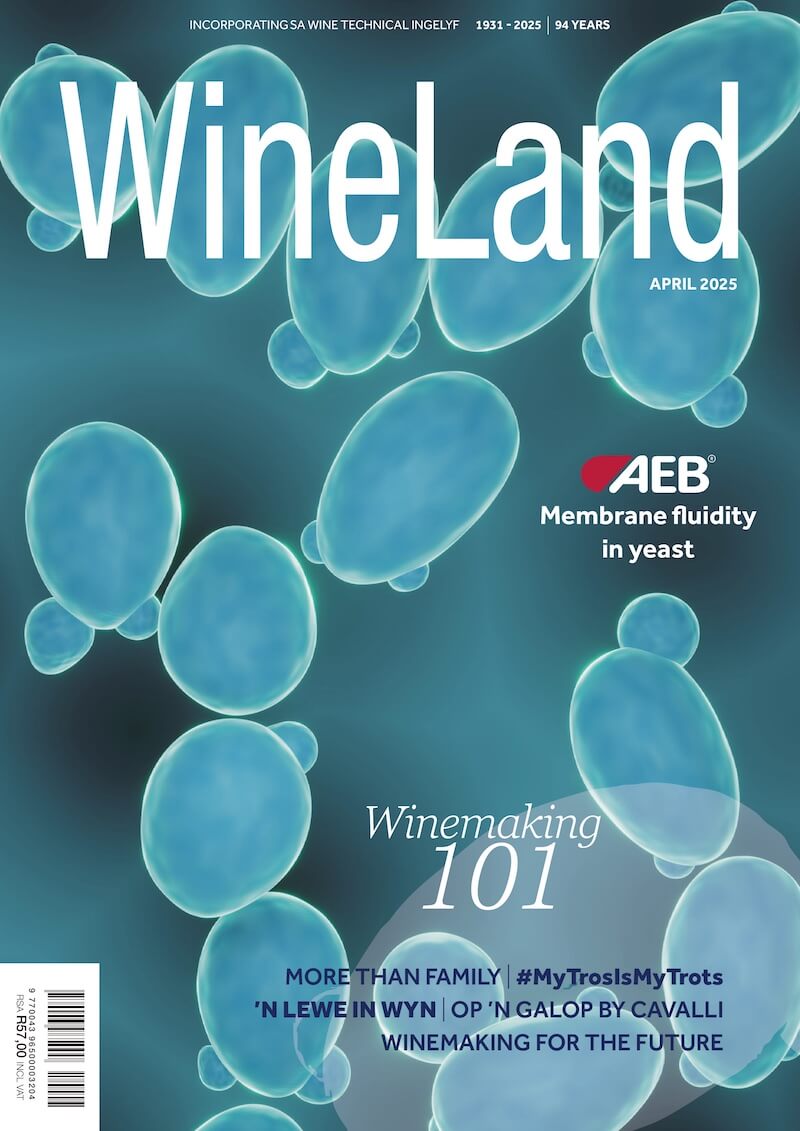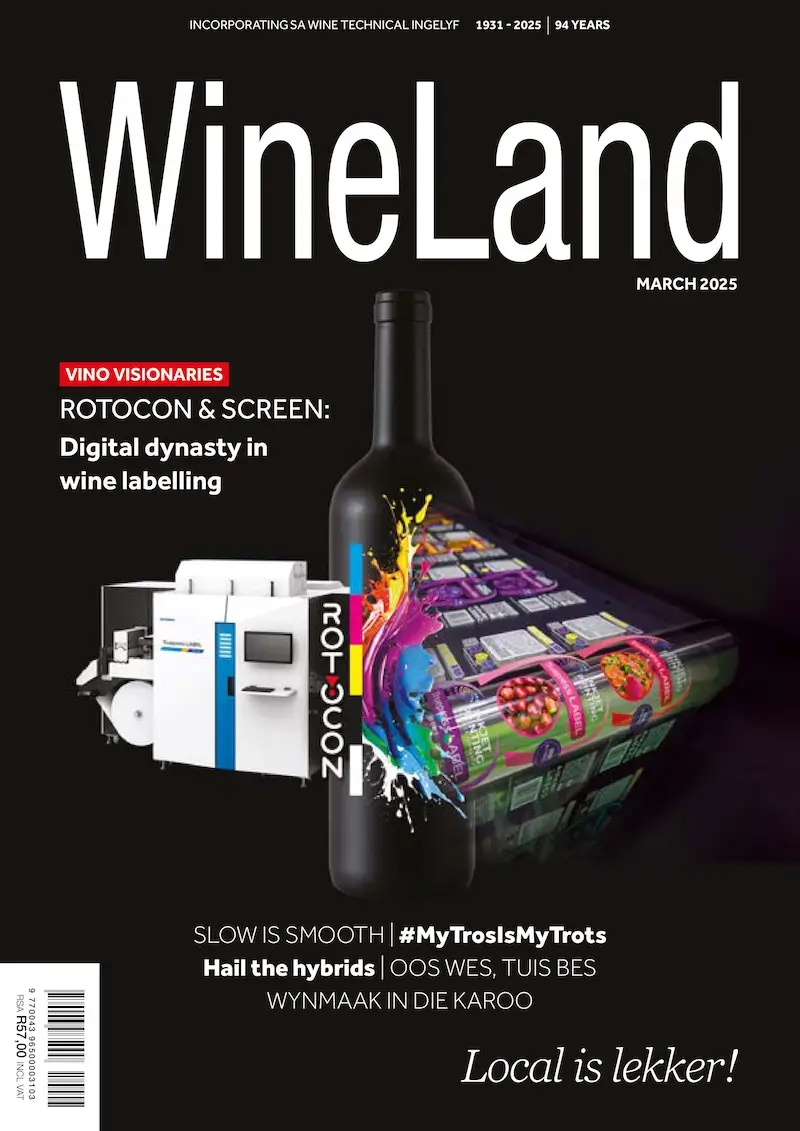Instant beer powder emerged as a clever way to beat the booze ban during the Covid-19 lockdown. But many feel cheap beer products such as these exploit vulnerable communities and give the alcohol trade a bad rap.
The insta-beer craze has taken the South African market by storm. A spate of beer powder brands has popped up on supermarket shelves and wholesalers across the country in recent months.
The products were spawned by government-imposed alcohol bans during Covid-19, which inspired many South Africans to turn to home brewing for a taste of their favourite tipple. Remember pineapple beer?
But beer powder is nothing new. Umqombothi, a traditional beer made from readily available maize malt and sorghum, has been an important part of the Xhosa culture for many years.
The general guideline for safely brewing traditional beer is to allow two to three weeks for primary fermentation, followed by several weeks of cold conditioning in a secondary vessel.
The whole process takes about two to three months. Beer powder is a dehydrated version of this malty beverage which, when mixed with water, turns into something resembling beer. So what’s the catch? In short – there’s no alcohol in the powder.
The arrival of insta-beer powder – which speeds up the fermentation process – has allowed avid home brewers to simply add water, allow 24 hours for the mixture to ferment and voila! Beers are served all round! Manufacturers’ grand claims of “Ready in 24 hours” and “Make today, drink tomorrow”, are proudly displayed on the packaging.
Many of these products are, however, devoid of any health warnings or legally required age limits on the packaging. Because the actual powder contains no alcohol, major supermarkets such as Shoprite have opted to sell it straight off the shelf along with other food products instead of through their dedicated liquor outlets.
Retailers use a loophole to dodge alcohol tax and regulation by claiming the product is used for cooking (more about that later). But does a product like this pose underlying risks that retailers have failed to consider?
A stiff drink
Based in North West, Supa Ginja began as a garage startup in 2008 with three employees. Today the ginger and pineapple beer powder company has an annual turnover of more than R250 million and employs more than 200 people.
In a Business Insider SA article, Supa Ginja founder Johan Pretorius boasts about the company’s “massive sales spikes” each time President Cyril Ramaphosa announced an alcohol ban during Covid-19.
The company has signed a deal with Shoprite to supply Africa with Supa Ginja and manufacture a private-label ginger beer powder for the retail chain. Shoprite failed to respond to WineLand’s request for comment.

Supa Ginja founder Johan Pretorius (image: Shoprite).
Supa Ginja’s 500 g packets each makes five litres beer, but the company also manufacturers jumbo five-kilogram packs that each produces 50 litres beer.
The sale of beer powder is concerning as young people and vulnerable communities have easy access to this cheap alcohol product, while those operating within the legislative framework are often blamed for the social ills caused by these unregulated products, Vinpro‘s manager: head of wine business Christo Conradie says.
“We haven’t even touched on the lost income to the fiscus. But what’s more concerning is the negative impact and social ills that may be caused by these unmonitored products.”
We asked Johan whether he feels this product is sold and marketed safely and responsibly in South Africa. His response was that the company conforms to all Global Food Safety Initiative (GFSI) guidelines.
“Our health protocols and production facilities have been approved, and all our products have been analysed for health safety tests,” he says. “We’ve done our homework.”

Image: Supaginja.com
Johan says his product is creating employment for South Africans. “We could’ve opted for the automation of our production facilities and employed only a quarter of the people we employ now. However, we decided to support the communities in our region with jobs.”
The consumer target market for Supa Ginja products is LSM 1-4, representing South African blue-collar workers and those with the least access to wealth. “We’ve taken the necessary precautions to include health warning labels and age restrictions on the packaging.”
While Supa Ginja packets carry the necessary warning labels and age restrictions, packaging for the Mnanti brand doesn’t. Nor do Supa Ginja’s social media posts caution against the dangers of alcohol abuse or promote responsible drinking in any way.
Instead they promote the product as a lifestyle brand. Facebook and YouTube are flooded with content from Supa Ginja consumers showing viewers how easy it is to make insta-beer and the videos are shared by the product’s manufacturers.
Tiger Brands’ King’s Brew carries no health warnings or age restrictions on its packaging either. “It’s the same as selling cigarettes,” Johan says. “Anyone can walk in and buy cigarettes. It’s up to the seller to address any issues with the manufacturer. If you buy a packet of muffin mix, mix it with water and leave it for a week, it’ll ferment. That’s essentially what Supa Ginja comes down to.”
While it’s impossible to fault entrepreneurs for coming up with innovative products and benefitting from a government loophole on tax excise, in the context of South Africans’ rocky relationship with alcohol, manufacturers must have a radar alert for responsibility when selling to the public, Christo says.
“Consumers buy pineapples and sugar primarily for food. During lockdown, people got creative and used them as the base ingredients for home-brewed beer. Beer powder is not used primarily for food purposes,” he says.
“The instructions on the packet clearly indicate it’s a product used for drinking, after fermentation, yet it fails to point out the dangers of alcohol abuse or misuse, and that’s the shortcoming of Johan’s argument and Supa Ginja’s marketing message.”
Powdered products are not regarded as beers, says Patricia Pillay, CEO of the Beer Association of South Africa (BASA). “Beer is made from four ingredients: hops, barley, water and yeast. Powdered products are fermented flavoured sugar mixes and therefore do not fall under the ambit of BASA.”
She continues: “If the misuse of this product is resulting in the production of an alcoholic substance open to abuse, the local liquor authority needs to step in to investigate and take the necessary action.”
Tax it!
Most beer powder products, available in 500 g and 750 g packets, sell for as little as R21.99 a packet and produce an average of five litres of beer per packet.
Prof Charles Parry, director of the alcohol, tobacco and other drug research unit at the South African Medical Research Council, says while beer powder has been around for ages, it’s still subject to a flat minimal excise tax. It’s an issue he’s challenged government authorities on in the past.
According to the 2022 budget review, the current excise duty on traditional African beer powder is 34.7 c/kg.
Christo says after several consultations with government, this excise duty was introduced as of October 2022. “While this is a positive step in the right direction, it still leaves room for a significant increase at the proposed level.”
The South African government needs a radical rethink on alcohol excise taxes for products such as these, Charles says. “Taxing it at 34.7 c/kg or even 38% of the average weighted retail sales price is wholly inadequate.” He’s never seen an alcoholic product sold this cheaply before.
“It’s shockingly cheap,” Charles says.
Based on one 750 g beer powder packet that produces five litres beer containing 6% alcohol, a standard drink of insta-beer costs only R1.10.
Charles has done extensive research and monitored cheap alcohol products in South Africa. “The cheapest I’ve ever seen was a five-litre bag-in-box wine which sold for R3.60 per standard drink. That just blew my mind. This, however, is simply atrocious.”
A standard drink in South Africa is 12 g or 15 ml of absolute alcohol (AA), 218 ml beer (5.5% AA), 96 ml wine (12.5% AA) or 28 ml spirits (43% AA).
He says the cheapest beer products on the market usually hover around the R4.80 mark per standard drink. “At R1.10 per standard drink, these insta-beer products are simply off the radar and it’s worrying,” says Charles.

Prof Charles Parry, director of the alcohol, tobacco and other drug research unit at the South African Medical Research Council.
To get an insta-beer product to an appropriate price level, Charles feels it should increase five-fold. “Instead of costing R21.99 a packet, it should be sold for R95 a packet,” he says. “This means a standard drink will cost R4.75 and typically match an average low-cost beer such as Black Label.”
Beer powder products should be subject to excise tax on alcohol, Christo says. “The product is excisable because after mixing it with water it becomes alcohol,” he says. “High tariffs linked to spirits [excise duty of R230.18 per litre of absolute alcohol] should be levied on beer powder products such as Supa Ginja.”
Insta-beer: A sense of responsibility?
According to Johan, oeople will always drink and what he’s doing is making it affordable for consumers. “Supa Ginja allows people to make beer and consume it at home, in so doing saving them money.”
“That might be the case, but it remains the responsibility of manufacturers to include clear warnings on the product’s packaging to caution people against the dangers of alcohol,” Christo says. “They need to ensure the product is sold from premises with a legal liquor licence and under no circumstances allow underage consumers to buy the product.”
From a public health point of view, Charles believes addressing price is the most effective intervention to reduce harm when it comes to alcohol abuse.
“Cheap alcohol is like the illegal drug trade: people are always shifting the goal posts and finding loopholes in the system. The state needs to bring cheap alcohol such as insta-beer products into line and tax them appropriately. This is a catastrophe waiting to happen.”
It’s about regulation rather than banning products, Charles says. “We’ve taken a stand on a product such as the papsak being dumped onto poorer markets and it was eventually outlawed. We need more action against cheap alcohol products. South Africans have an unhealthy relationship with alcohol and we should be closing the loopholes for the products already out there.”
Tiger Brands media and PR manager Azure Fey argues that when sold to the trade, the company’s beer powder products contain no alcohol. “The end alcohol content is produced during fermentation with a low-alcohol volume of 2.8-3.9%.”
If that’s the case, the product shouldn’t be sold where it’s within easy reach of children and vulnerable members of the community, Christo says. “Nothing stops an underage person from adding beer powder to their shopping trolley. There are no processes in place to verify a customer’s age.”
Traditional beer enjoys a revered role in South African culture, Azure says. “It plays an important economic role in South African townships. Many previously disadvantaged women have used the sale of traditional beer to support their families and this entrepreneurial spirit among skilled traditional brewers continues today.”
According to Christo, South Africa has one of the most highly regulated liquor industries in the world. AWARE.org’s Code of Communication is designed to ensure that alcohol commercial communication is conducted in a manner which neither conflicts with nor detracts from the need for responsibility and moderation in liquor merchandising and consumption.
“The code supports the industry’s commitment to self-regulation,” says Christo.
Jandré Human, manager and winemaker at Southern Cape Vineyards and a member of the Vinpro board that represents wine grape producers in the Klein Karoo, says the sale of insta-beer is widespread in lower-income communities throughout the region.

South African wine producers have made a concerted effort in recent years to help lead the conversation about ethical and socially responsible production and consumption of alcohol. They’ve also developed various outreach programmes and actively raised awareness about the dangers of selling cheap alcohol products.
The sale of cheap beer powder has contributed to the social ills of lower-income communities in a region already plagued by alcohol abuse, domestic violence and many other socioeconomic issues, Jandré says.
“Selling cheap plonk such as this is undoing all the good work we’ve done. It gives the entire liquor industry a bad name. It’s socially irresponsible.”
He says most consumers who buy cheap alcohol products aren’t drinking it for enjoyment, but rather to escape their problems.
“We see retailers campaigning against gender-based violence, but then you see those same retailers selling beer powder off their shelves for as little as R20 a packet just to make a quick buck and you think, but isn’t that the root cause of the problem? Where’s the retailer’s sense of social responsibility?”
Scientific analysis
Samples of Mnanti and Supa Ginja beer powder products were submitted for independent scientific evaluation. According to Wynland Analytical’s chemical analysis conducted within 72 hours of fermentation at 25 °C, Mnanti showed alcohol levels of 6.3%.
According to a chemical analysis report from Orange River Cellars Laboratories measured within 24 hours of fermentation at 19 °C, Supa Ginja registered alcohol levels of 5.95%.
Click here to get your copy of WineLand Magazine and here to subscribe to our newsletter.
insta-beer, insta-beer, insta-beer, insta-beer, insta-beer, insta-beer, insta-beer, insta-beer,



















